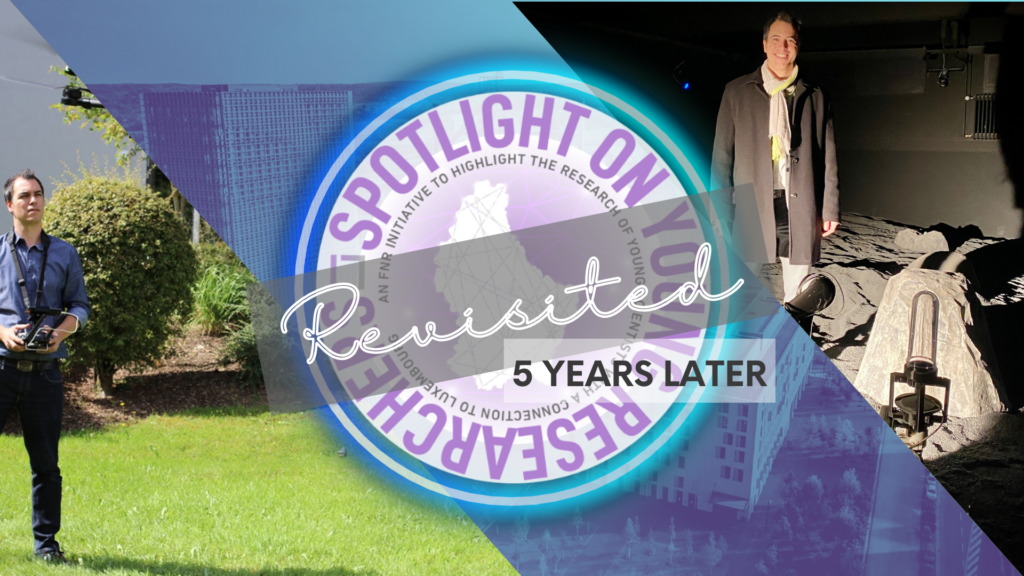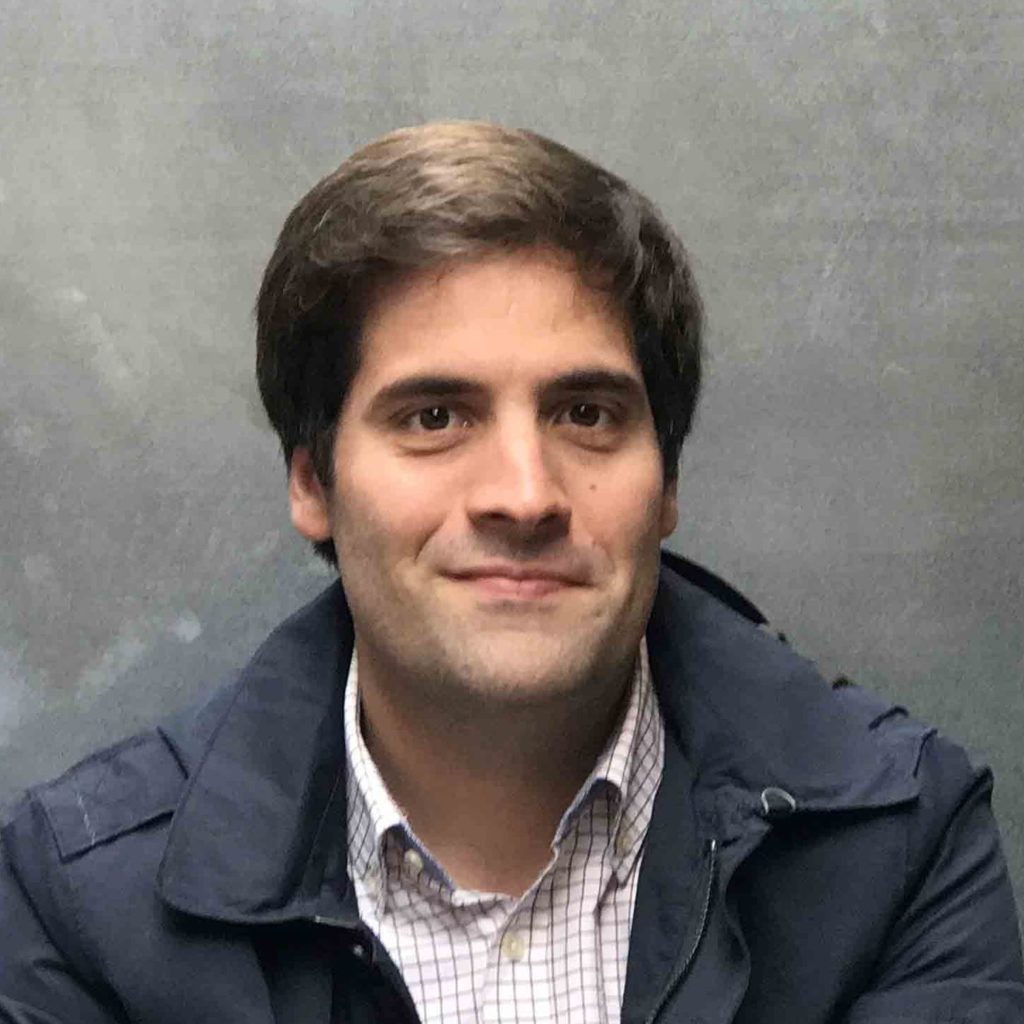Motion‑S’s business idea is all about promoting responsible driving. The Luxembourg based tech start‑up has developed an app which analyses the driver’s behaviour behind the wheel and helps driving to make it safer and better for both the environment and the wallet. The only things it requires are a car and a smartphone – and of course a driver who is willing to play the “game“.
Taking pleasure in safer driving
The solution was deliberately conceived as a game, as co-founder Raphael Frank explains: “It’s not about control by third parties; it’s about drivers wanting to improve. This app allows all users the possibility of safer, more eco-friendly and more efficient driving. To do so, it combines and analyses the data collected by the sensors in your smartphone and your car. The app collects information on the driver’s behaviour and on external factors, in order to create a complete picture.”
The FNR has played an essential part in making this possible. Motion-S was developed with the support of the PoC (Proof of Concept) Programme, which, over a period of up to two years, helps to bridge the gap between research and marketable prototypes.
Raphael Frank says: “The idea came about at the Interdisciplinary Centre for Security, Reliability and Trust (SnT) of the University of Luxembourg. With the financing we received from the FNR, we developed the prototype for a marketable app. And in 2014, we founded our company.”
A concept with a clear impact
To be marketable, an app needs to offer a clear added value to the relevant target groups. In this case, the main target group are the drivers themselves, who can use this solution to make their driving safer, more eco-friendly and more efficient. In Luxembourg, Motion-S has already established a partnership with an insurance company which, as a multiplier and marketing partner, wants to encourage its customers to drive more responsibly.
According to Raphael Frank, the insurance sector holds great potential for the app, for instance with regards to novice drivers:
“Instead of registering their first car through their parents, young drivers could obtain better conditions by voluntarily agreeing to use our app to improve their driving.”
Other possible multipliers are fleet managers, who could benefit from the solution in many different ways, according to the company co-founder:
“The data collected by our app could help them coordinate their fleet more effectively and make sure vehicles receive regular maintenance, for instance.”
These examples already show that the FNR’s claim to promote impactful research is being realised through Motion-S.
A smart solution directed at people
In general, Raphael Frank thinks the app has the potential to be marketed worldwide: “Safety and the environment are very current topics. Through our playful, educational approach, we can help improve traffic in a simple, cost-effective way.” He puts special emphasis on the interface between people and technology that is central to the app:
“It is a smart solution, but more than that, it is a solution that is directed at people and that focuses on increasing their sense of responsibility.”
The app is as much about transparency as it is about individual responsibility and personal development. And it is a success, as the Luxembourg based company got to experience at the Mind&Market start‑up competition organised in cooperation with the FNR in 2015. Motion‑S came out on top, providing further encouragement for the challenge, which will be to effectively position the product in the world market – thus promoting innovation “Made in Luxembourg”.
This article was originally featured in the 2015 FNR Annual Report.






